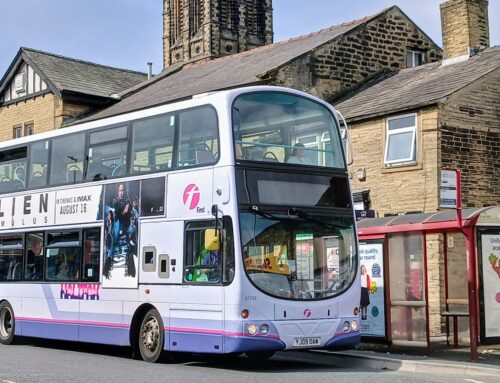With Wednesday 26th March seeing Chancellor of the Exchequer Rachel Reeves present a Spring Statement to Parliament for the first time since the Labour Party’s return to Downing Street last July, many transport consultants were paying close attention to what she had to say.
What is the purpose of the Spring Statement?
The Spring Statement is an update that the UK Government provides on the state of the economy. It builds on the plans outlined in the Autumn Budget, and it gives the Chancellor an opportunity to respond to the most recent economic forecast of the Office for Budget Responsibility (OBR).
However, from now on, the Chancellor will only set out major tax and spending announcements once per year, in the Autumn Budget.
A Spring Statement aimed at capitalising on the “opportunities in a changing world”
In her speech, the Chancellor drew attention to what she said were the Government’s achievements so far, including “restoring stability to our public finances”, “rebuilding our public services”, and “increasing the National Living Wage”.
Looking forward, the Treasury said this was a Spring Statement “to grasp the opportunities in a changing world.” The department stated that from 2029, people would be an average of £500 per year better off compared to under the previous Conservative Government.
As for the Spring Statement’s exact implications for the transport sector, this was the subject of analysis by the Chartered Institution of Highways and Transportation (CIHT).
What exactly did CIHT have to say about the Spring Statement?
The learned society for transportation professionals said it welcomed the Spring Statement. The charity added that it looked forward to “continuing to work with the Treasury, the Department for Transport (DfT), and the Government on the creation of transport networks that are fit for all our futures.”
There were several measures outlined in the Spring Statement that the professional body considered to be especially relevant to its members:
- Ministers published a consultation on proposals for a new process to give major projects greater certainty in advance about the tax that will apply. CIHT said this would “be of interest to large organisations looking to plan for significant projects.”
- The Government has also put forward a £625 million package of measures to tackle widespread construction-sector skills shortages. Such efforts are aimed at helping the Government achieve its target of 1.5 million homes built in England, as well as progress on infrastructure projects, during this Parliament.
CIHT signalled its approval of the latter plans. The body added that giving young people incentives to get involved in the construction industry would “support the development of the skills needed for highways maintenance and improvements, in addition to vital infrastructure developments. We eagerly await more detail of the skills measures announced.”
Trust our transport consultants as a source of guidance and expertise
To help ensure the optimal outcomes from your transport planning and infrastructure design projects, please don’t hesitate to enquire today to your closest Transport Planning Associates (TPA) office.





